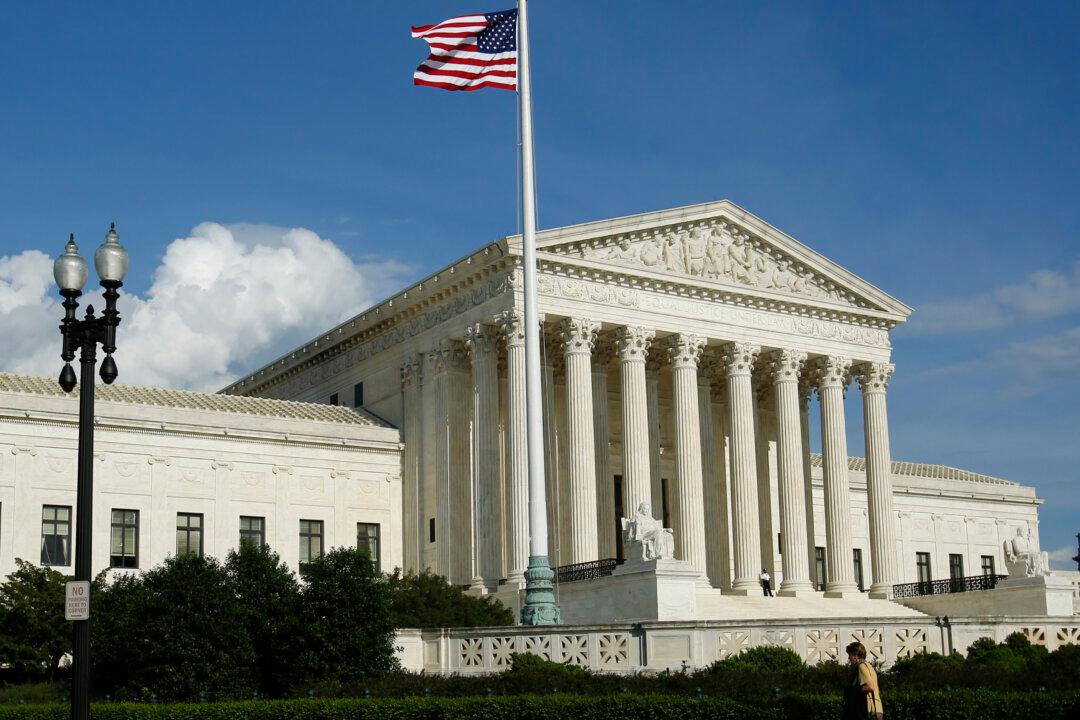North Carolina’s Republican-controlled legislature should be allowed to step in to advocate for a voter ID law in court because Josh Stein, the state’s Democratic attorney general, isn’t doing enough to defend the statute, Republican lawmakers told the Supreme Court on March 21.
Republicans generally favor strengthening election integrity measures, such as requiring photo identification by voters. Democrats generally oppose photo IDs, saying that the requirement is overly burdensome and disenfranchises voters.





